San Clemente’s ‘sand czar’ looks to turn back the tide of coastal erosion – the Los Angeles Times
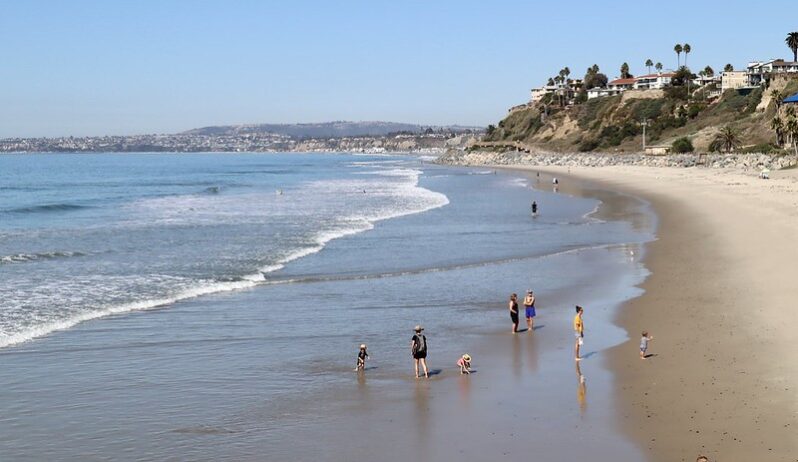
Before becoming San Clemente’s new coastal administrator last year, the beach has always held a nostalgic place in Leslea Meyerhoff’s heart. “Some of my earliest memories are walking the beach in Santa Monica with my grandma,” she said. “I also recall fond times boogie boarding, collecting seashells or just enjoying a stroll at the beach.”..
The California sand wars: As beaches shrink, neighbors and cities fight for what’s left – the Los Angeles Times
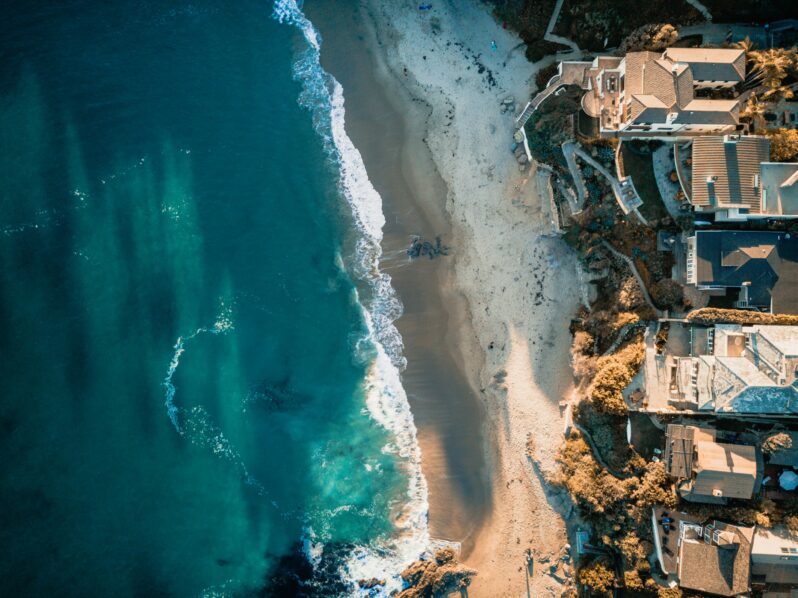
California is a place of magnificent tectonic forces that lift mountains only for them to be constantly eroded by glaciers, wind and rain, ground down to one of the most basic commodities on Earth: sand…
Rancho Palos Verdes landslide is creating a new beach. ‘It’s unreal’ – the Los Angeles Times
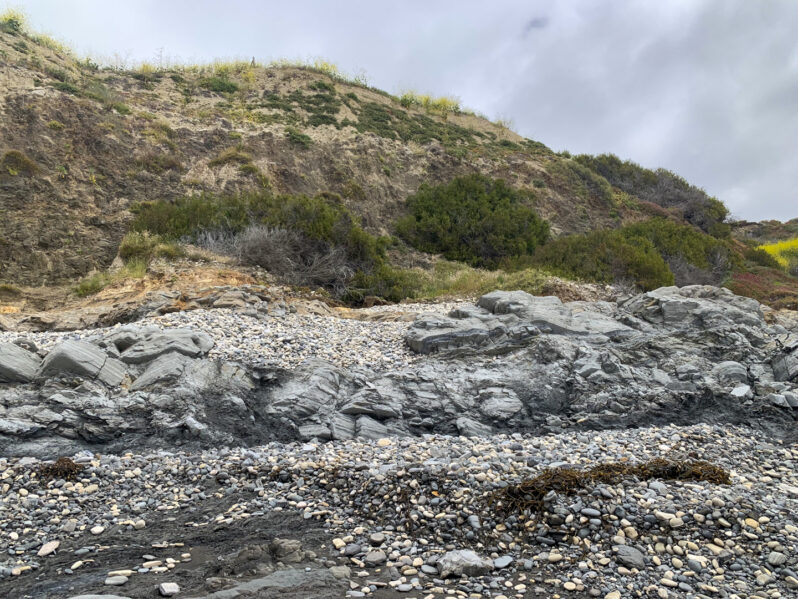
There’s an entirely new coastline in Rancho Palos Verdes…
The homeowner mutiny leaving Florida cities defenseless against hurricanes – Grist Magazine
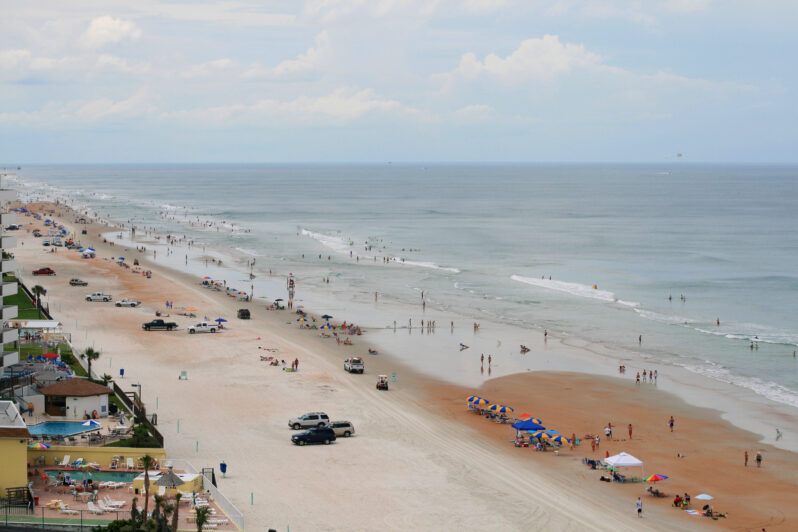
The Army Corps of Engineers won’t restore eroded beaches in Pinellas County unless homeowners agree to one condition: public access…
Sand, Sea and as Much Serenity as You Could Ever Want – the New York Times
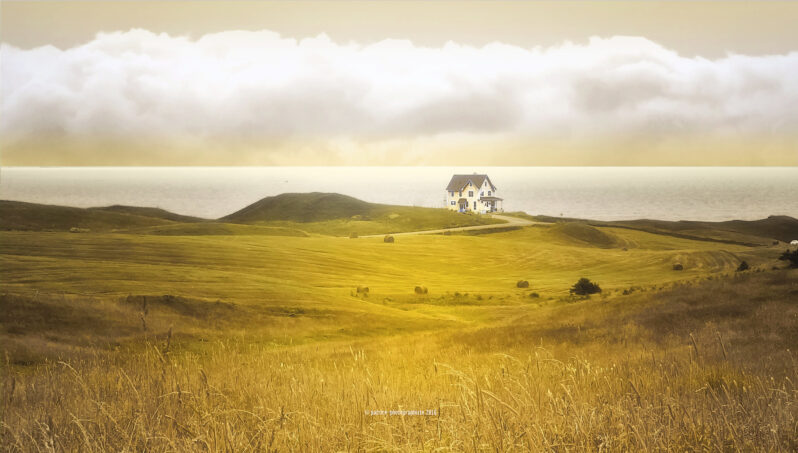
The bluffs, dunes and lagoons of the Magdalens, a colorful yet tranquil island chain north of Prince Edward Island, are far from everywhere. That’s the point…
“The fear has properly set in”: how it feels to watch my home town disappear into the sea – the Guardian
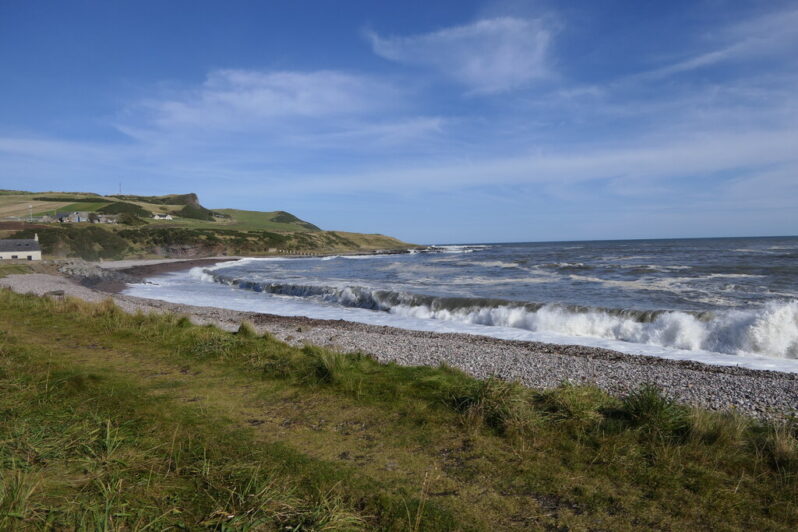
Inverbervie, on the north-east coast of Scotland, faces an existential threat, with storms carving away metres of shoreline. Can anything be done to save what is left?
The Precarious Future of Big Sur’s Highway 1 – the New Yorker
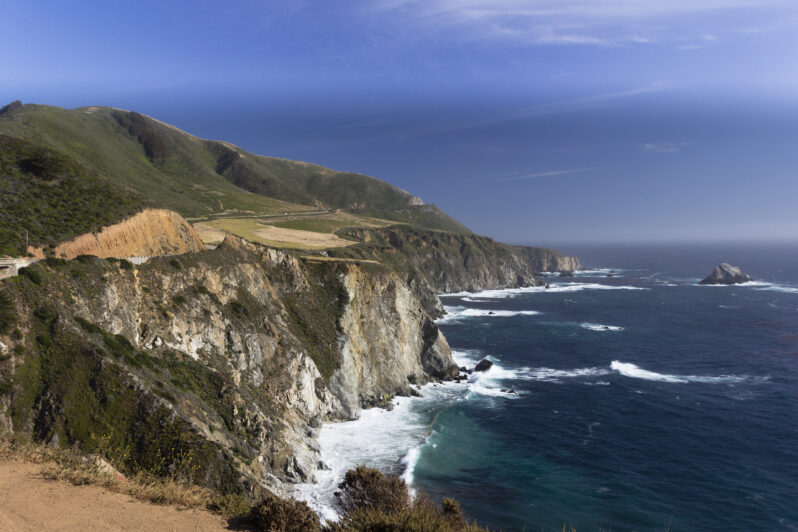
How climate change is threatening one of the country’s most famous roadways..
How is coastal erosion impacting life in San Diego? – NBC 7 San Diego
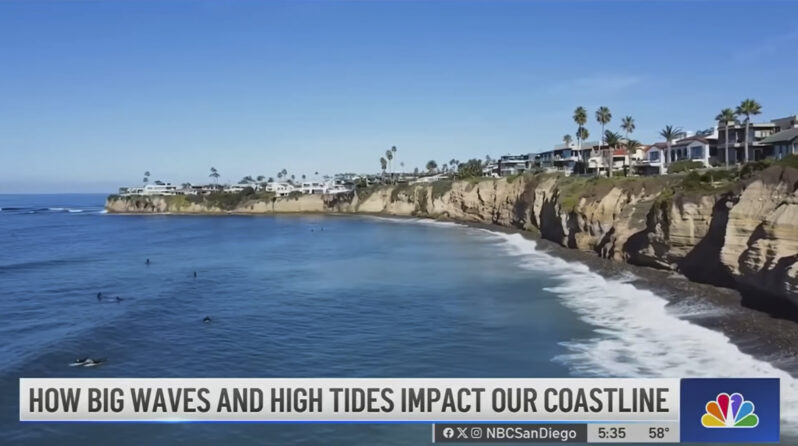
NBC 7 explores coastal erosion and the threat to people, property & infrastructure along San Diego’s coastline.
Add sand, lose sand, repeat. The climate conundrum for beaches – E&E News
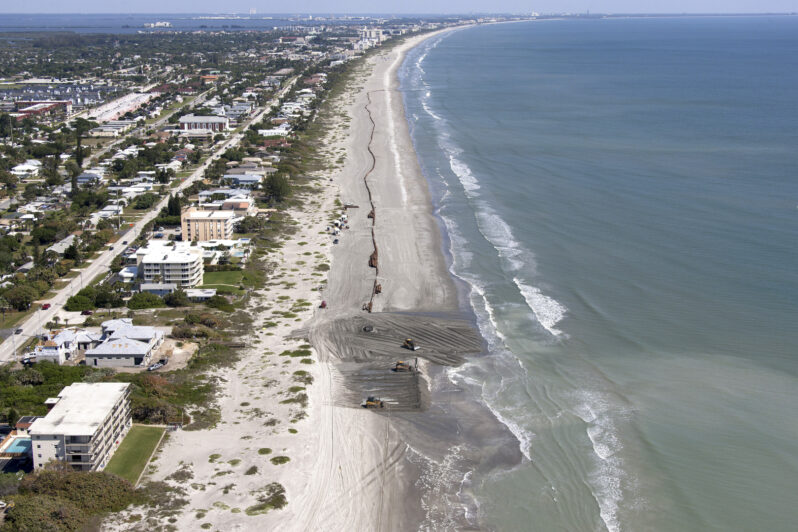
Rebuilding beaches after hurricanes is costing U.S. taxpayers billions of dollars more than expected as the Army Corps of Engineers pumps mountains of sand onto storm-obliterated shorelines…
